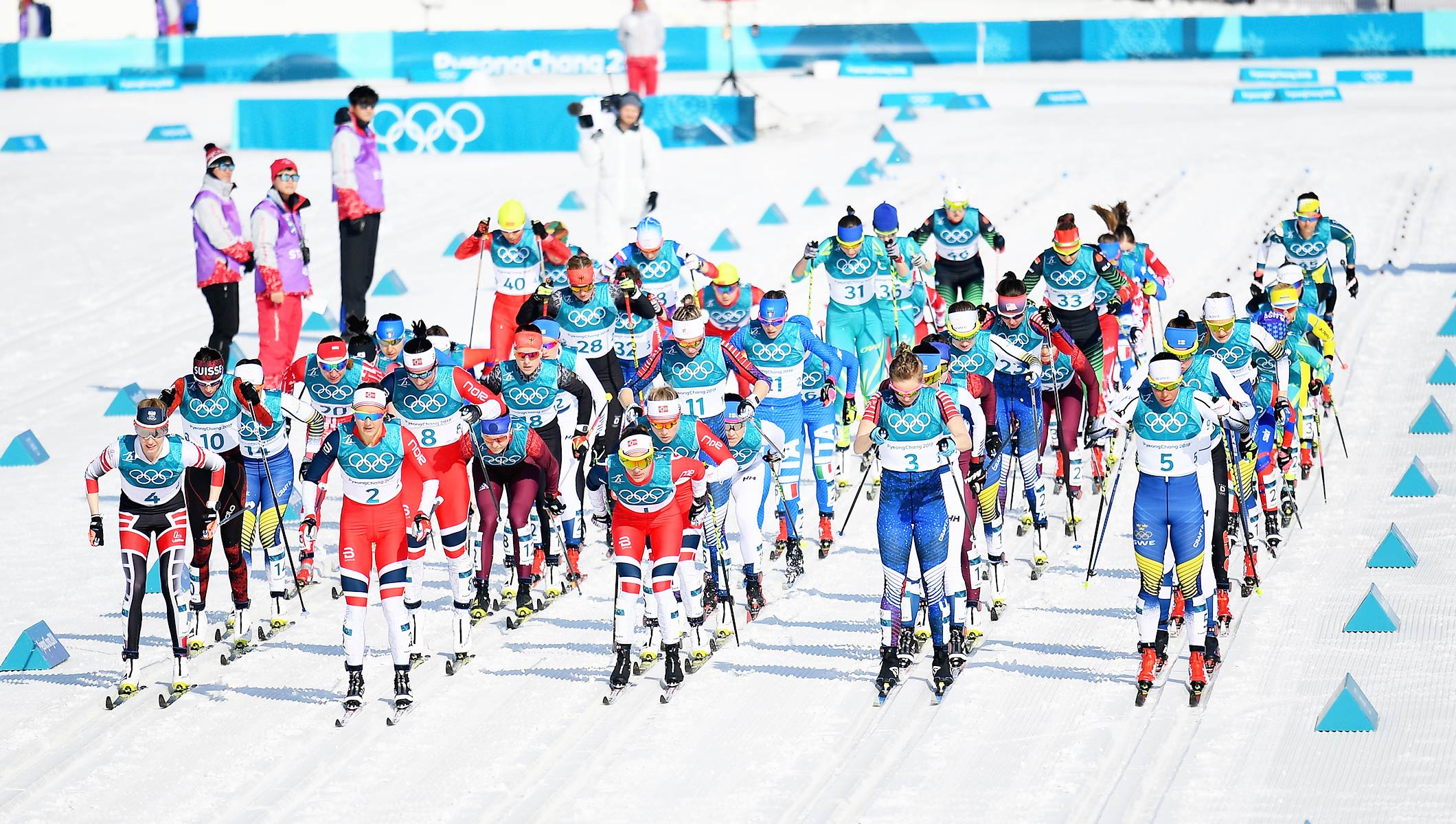Sport Positive Summit highlights powerful role of sport in addressing climate change
Representatives from United Nations Climate Change (UNFCCC), the International Olympic Committee (IOC) and sports organisations from across the world came together last week for the first edition of the Sport Positive Summit – a global meeting place for sports effecting positive environmental impact.
Created in collaboration with the IOC and UNFCCC, the virtual Summit brought together over 500 participants to discuss the role of sport in the global fight against climate change and post-COVID recovery.
“Sport reminds us of our collective ability to overcome the seemingly impossible,” said Patricia Espinosa, Executive Secretary of UN Climate Change, addressing the participants. “The convergence of the two global crises, climate change and COVID-19, has opened a window of opportunity to not simply recover from the virus, but to build forward, to build cities and communities that are safe, healthy, green and sustainable.”
The Summit was designed as the annual meeting place for the signatories of the UN Sports for Climate Action Framework, a UN Climate Change initiative to develop a climate action agenda for sport, in which the IOC took on a leadership role. The event showcased the climate achievements made so far by the Framework’s signatories, with calls for more organisations to join.

“With almost 160 organisations on board and counting, the UN Sports for Climate Action Framework has created real momentum across the sports world to join forces against the climate crisis,” said Marie Sallois, IOC Director for Corporate and Sustainable Development. “The IOC is fully committed to taking effective action to help address this crisis and will continue to guide and inspire the rest of the Olympic Movement in their climate and sustainability journey.”
Already climate neutral, the IOC has recently announced its ambition to become climate positive by 2024. It has also committed to making the Olympic Games climate positive from 2030 onwards, going beyond the current requirement for the Games to be carbon neutral.
The IOC measures its carbon footprint and implements rigorous measures to reduce it. Thanks to its Official Carbon Partner Dow, the IOC’s estimated carbon emissions between 2017 and 2020 have already been offset.

“With almost 160 organisations on board and counting, the UN Sports for Climate Action Framework has created real momentum across the sports world to join forces against the climate crisis,” said Marie Sallois, IOC Director for Corporate and Sustainable Development. “The IOC is fully committed to taking effective action to help address this crisis and will continue to guide and inspire the rest of the Olympic Movement in their climate and sustainability journey.”
Already climate neutral, the IOC has recently announced its ambition to become climate positive by 2024. It has also committed to making the Olympic Games climate positive from 2030 onwards, going beyond the current requirement for the Games to be carbon neutral.
The IOC measures its carbon footprint and implements rigorous measures to reduce it. Thanks to its Official Carbon Partner Dow, the IOC’s estimated carbon emissions between 2017 and 2020 have already been offset.